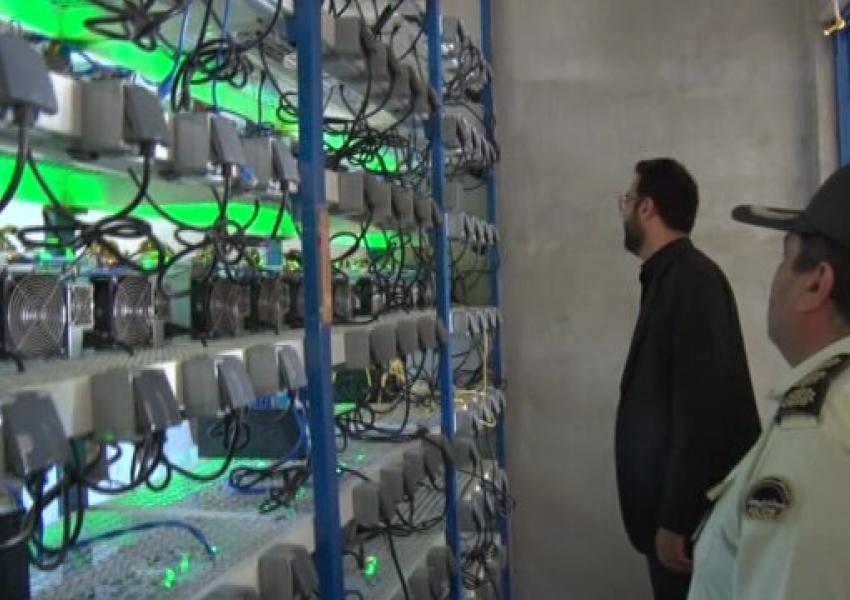
Iran Weighs Cryptocurrency Law That Could Boost State Revenue
Parliament members are to propose a bill that would require the government to ban all cryptocurrency payments in Iran other than those in a national cryptocurrency that has not been named while encouraging the mining of other cryptocurrencies as a source of state income, the Tasnim news agency reported Friday.
Tehran currently allows cryptocurrencies such as Bitcoin to be mined in Iran and offers cheap power to licensed miners while requiring them to sell the cryptocurrencies to the Central Bank.
Cryptocurrencies can be used to pay for imports, thereby reducing the chances of the United States punishing any supplier under sanctions introduced by President Donald Trump after leaving Iran’s 2015 nuclear deal with world powers.
According to officials, most cryptocurrency mining farms in Iran operate unofficially, generating cryptocurrency worth $660 million a year, according to the ministry of industries, mines, or 4-6 percent of the world total of around $11 billion. Authorities have promised to shut down illegal farms, which use up to 1,500 megawatts per day in the energy-intensive process, and run on Iran’s general tariffs for electricity, which is heavily subsidized. In late May, legal mining of cryptocurrencies was banned for nearly four months to curb power blackouts as electricity demand surged with summer.
The proposed legislation, “Supporting Cryptocurrency Mining and Regulation of Domestic Cryptocurrency Trade,” would oblige the Central Bank to regulate cryptocurrency transactions at the national level within three months from the date of law’s approval. All crypto-mining farms would be obliged to declare their assets to the CBI.
The proposed legislation authorizes the ministry of industries, mines, and commerce to supervise cryptocurrency mining. The ministry would license, supervise and support companies mining international cryptocurrencies aiming at raising $500 million in cryptocurrency for the state in the next Iranian calendar year (starting March 21, 2022) and increase this by 10 percent a year.
To reach the $500-million target, lawmakers propose to offer crypto-miners loans from the National Development Fund for building or investing in power plants, exempting them from some taxes and tariffs if they invest in power plants in deprived areas. Crypto-mining farms would have to pay, at a rate set by the Central Bank, the ministry of energy in cryptocurrencies they produce if they use electricity from the national grid.
Cheap state-subsidized power has attracted miners, particularly from China. Generating the electricity used by crypto-mining uses requires the equivalent of 10 million barrels of crude oil a year, or 4 percent of Iran’s total oil exports of 250 million barrels in 2020, according to crypto-currency consultants Elliptic.




